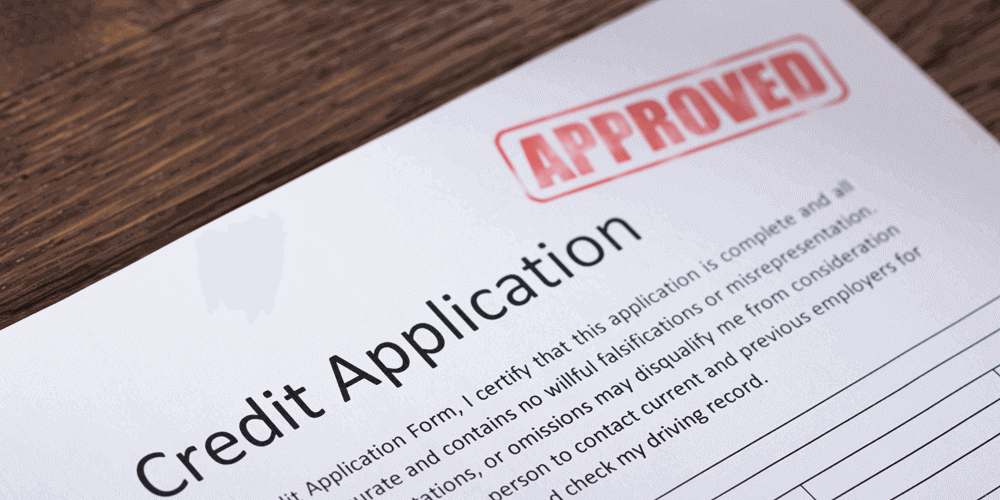Home Equity Loans vs. Home Equity Lines of Credit (HELOC)
Highlights:
- When facing a major expense, some homeowners may use a home equity loan or a home equity line of credit (HELOC) to borrow money against the equity in their home.
- A home equity loan allows you to borrow a lump sum of money against your home's existing equity.
- A HELOC also leverages a home's equity but allows homeowners to apply for an open line of credit. You then can borrow up to a fixed amount on an as-needed basis.
When facing a major expense, such as financing a home renovation, consolidating debt or paying for a loved one's education, some homeowners choose to borrow money against the equity in their home. In these situations, borrowers may turn to either a home equity loan or a home equity line of credit (HELOC).
Whether you need a one-time lump sum or access to cash on an as-needed basis, these types of financing can be flexible and accessible options.
What is home equity?
Home equity is your property's market value minus the amount you owe on any liens, such as your mortgage. Most homeowners first gain equity by putting a down payment on their property. Your equity then fluctuates over time as you make monthly mortgage payments and as the market value of your home changes. Renovations and repairs to your home or changes to property values in your community may also impact your home equity.
What is a home equity loan?
A home equity loan, also known as a second mortgage, is a debt that is secured by your home. Generally, lenders will let you borrow no more than 80% of the equity that you have put into your home.
With a home equity loan, you receive a lump sum of money. These loans typically come with a fixed interest rate and have a term of five, 10 or 15 years. The interest rate you qualify for will depend in part on your credit scores, which are generated from information on your credit reports.
Once you receive the lump sum, you'll need to pay back the loan and interest within the time period outlined in the loan contract. Typically, home equity loan payments are fixed and paid monthly. If you default on your loan by missing payments or become unable to pay off the debt, the lender may take ownership of your property through a legal process known as foreclosure. If faced with foreclosure, you may be forced to sell your home in order to pay off the remaining debt.
Home equity loan requirements
Applying for a home equity loan can be a lengthy process and approval is not guaranteed. Lenders will thoroughly review your financial health to determine whether you qualify. This process may include examining your credit reports to verify your borrowing history and appraising your home to determine its market value.
Similar to how many other loans work, your application is more likely to move forward if you can demonstrate an ability to repay what you intend to borrow. Lenders will generally consider the following factors when reviewing your application:
- Home equity. You need to have a certain amount of equity established in your home before you can use it to secure a loan. Most lenders require that you have already paid off at least 15% to 20% of your home's total value to qualify. The lender appraises your home's market value as part of the application process, which typically comes at your expense.
- Debt-to-income ratio. Your debt-to-income (DTI) ratio may also help determine whether you qualify. Your DTI ratio is calculated by dividing your total monthly debt payments by your gross monthly income. While qualifying DTIs vary depending on the lender, the general rule of thumb is that your debt should be less than 43% of your total monthly income.
To prove you have income, be sure to have recent paystubs, W-2 forms and tax documents ready when you discuss a home equity loan with your lender. - Credit history. You need to have fairly good credit in order to qualify for most home equity loans. Many lenders will only accept credit scores of 700 or above, while some may accept credit scores in the mid-600s. Having a high credit score is crucial for securing a better interest rate on your home equity loan.
Advantages and disadvantages of home equity loans
Home equity loans can be a great solution for some borrowers and offer certain advantages over other types of loans:
- Home equity loans may offer lower interest rates and access to larger funds. A home equity loan often comes with a lower interest rate than other loans since your home is secured as collateral. This type of financing also typically offers more money all at once than personal loans or credit cards, which may be useful if you only need to make a one-time large purchase.
- There may be tax perks. If you're using the loan to make home improvements, you may be able to deduct the interest if you itemize your income taxes.
- Home equity loans may offer a greater degree of flexibility than other loans. Home equity loans can be used for anything, from financing a car to going on vacation. This differs from some other loans that are earmarked for a specific purpose.
However, home equity loans aren't right for everyone. It's important to be aware of the risks associated with these types of loans as well:
- Your home is the collateral for the loan. Using your residence to secure the loan is inherently risky. Sudden life changes, such as the loss of a job or a medical emergency, could jeopardize your ability to repay what you've borrowed. If you default on a payment, the lender may be able to take your home.
- The value of your home could decline over time. If your home's total value decreases due to the volatility of the real estate market, you may end up owing more than what your home is actually worth. This scenario is often referred to as being “underwater” or “upside-down” on your mortgage.
- You will face closing costs. Since home equity loans are considered a second mortgage, there may be hefty closing costs and other fees involved, just like with your primary mortgage. These costs, which typically range from 2% to 5% of the total loan amount, can add up, making the entire process expensive.
Another option: a home equity line of credit (HELOC)
A HELOC, though also secured by your home, works differently than a home equity loan. In this type of financing, a homeowner applies for an open line of credit and then can borrow up to a fixed amount on an as-needed basis. You only pay interest on the amount borrowed.
Typically, a HELOC will remain open for a set term, perhaps 10 years. Then the draw period will end, and the loan will be amortized — which means you begin making set monthly payments — for perhaps 20 years.
The main benefit of a HELOC is that you only pay interest on what you borrow. Say you need $35,000 over three years to pay for a child's college education. With a HELOC, your interest payments would gradually increase as your loan balance grows. If you had instead taken out a lump-sum loan for the same amount, you would have been paying interest on the entire $35,000 from day one.
HELOC requirements
The application process for a HELOC is similar to that of a home equity loan. Lenders aim to evaluate the total market value of your home. Then, they will thoroughly review your financial history to determine if you're qualified to take on the new line of credit.
As with a home equity loan, lenders may consider the following factors when evaluating your application:
- Home equity. It's important to have equity built in your home before applying for a HELOC. The total amount you can borrow will depend on the amount of equity you've built over time.
- Debt-to-income ratio. Lenders will review your total income and the amount of debt you're already balancing. You may be asked to submit proof of employment or other income statements for review.
- Credit history. Your credit history will also play an important role in the approval process by offering lenders the ability to check your experience borrowing and paying off debt. Potential lenders and creditors may accept or deny your loan application based, in part, on information in your credit reports. It's a good idea to regularly review your credit reports to make sure the information is accurate and complete. You can receive multiple Equifax credit reports with a free myEquifax account. Sign up and look for “Equifax Credit Report” on your myEquifax dashboard. You can also get free credit reports annually from the three nationwide consumer reporting agencies (Equifax, TransUnion and Experian) at AnnualCreditReport.com. Once the lender completes their review and approves you for the new line of credit, you may be offered a credit card or checks for the account related to your HELOC. Be sure to review the terms of your agreement carefully. The repayment conditions and timeline will vary from lender to lender.
Which type of loan is better for you?
Choosing the right home equity financing depends entirely on your unique situation. Typically, HELOCs will have lower interest rates and greater payment flexibility, but if you need all the money at once, a home equity loan is better. If you are trying to decide, think about the purpose of the financing. Are you borrowing so you'll have funds available as spending needs arise over time, or do you need a lump sum now to pay for something like a kitchen renovation?
A home equity loan offers borrowers a lump sum with an interest rate that is fixed but tends to be higher. HELOCs, on the other hand, offer access to cash on an as-needed basis, but often come with an interest rate that can fluctuate.
As a borrower, it pays to shop around and ask a lot of questions to ensure that you are getting the right financing for your needs at the best interest rate possible.

Sign up for a credit monitoring & ID theft protection product today!
For $19.95 per month, you can know where you stand with access to your 3-bureau credit report. Sign up for Equifax CompleteTM Premier today!

